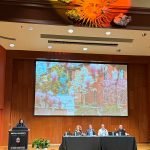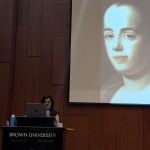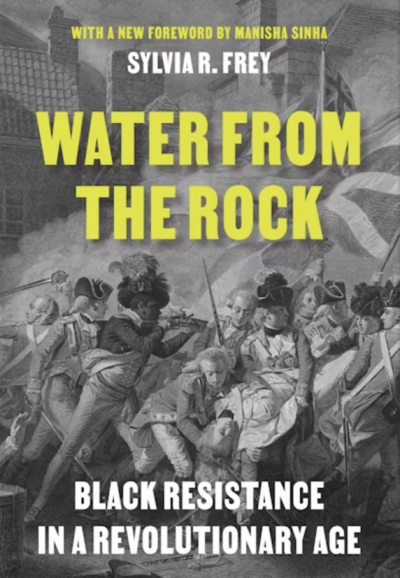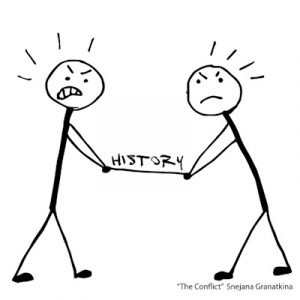 Brendan Kane and Patrick Wadden, Editors
Brendan Kane and Patrick Wadden, Editors
Medieval and early modern Irish scholars thought of themselves as Europeans. As an expression of territorial association, this belief reflects both their familiarity with the geographical traditions of Antiquity and the integration of their society into economic, cultural, and political networks that spanned the continent. But it was also an articulation of a perceived cultural affinity often denied in modern scholarship. The chapters in this volume examine the many and various ways that Gaelic Ireland was integrated into the broader, European world, focusing on literature and learning; real-world politics, economics, and travel; and questions of identity.





